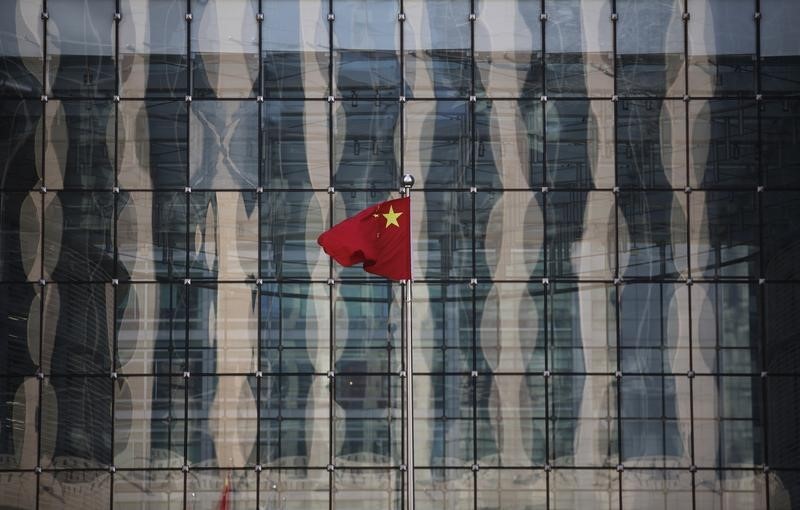(Recasts after Feng's arrival in Sydney)
By Philip Wen
BEIJING, April 2 (Reuters) - Subjected to daily interrogations and blocked from leaving China for more than a week, Australia-based academic Feng Chongyi arrived home in Sydney on Sunday, vowing to return to the mainland later this year to complete his research.
Feng, an Australian permanent resident who retains his Chinese passport, was conducting field interviews for a project on Chinese human rights lawyers and their political aspirations.
"If they wanted to scare me they failed miserably," Feng, a well-known China Studies expert at the University of Technology Sydney, told Reuters via telephone.
"I'm not scared of them. I did not do anything illegal."
The project, which is partly government-funded via the Australian Research Council, touches on sensitive subject matter for the Chinese government.
President Xi Jinping's administration has tightened control over almost every aspect of civil society since 2012, citing the need to buttress national security and stability.
During that time, China has detained or questioned hundreds of human rights lawyers and other government critics, international rights groups have said. It routinely accuses rights lawyers of collaborating with "foreign hostile forces" to undermine state power.
Feng said his case, as well as interviews he conducted before being interrupted, showed the space for government criticism or dissent had been tightened further.
He said he had been unmolested when he met with what he described as "sensitive contacts" on a trip to China a year ago.
"In terms of rule of law and human rights it's getting worse and worse. It's clear their control of Chinese citizens has become harder and harder," he said.
"It's a reflection of their [the Chinese government's] insecurity. They can shut you down."
China's Ministry of Public Security and its Foreign Ministry did not immediately respond to requests for comment on Sunday.
Foreign Ministry spokesman Lu Kang said on Thursday that Feng was being prevented from leaving on "national security" grounds, without elaborating.
Feng arrived in China a month ago for his work and was first held for questioning in Kunming, the capital of southwestern Yunnan province, before being barred twice from boarding flights from Guangzhou last Friday and Saturday, sources familiar with the matter told Reuters previously.
Feng said he was informed on Saturday morning by the state security officers who had been questioning him daily that he was free to leave. He was made to sign a statement pledging not to divulge details of his interrogation sessions as a condition of his release.
The case had prompted Australian government intervention and sparked concern among international academics over the research environment in China.
Australia's Department of Foreign Affairs and Trade said last week the Australian government was "monitoring developments closely and has raised this case with senior Chinese officials". It did not immediately respond to requests for comment on Sunday. (Editing by Tony Munroe and Kim Coghill)
